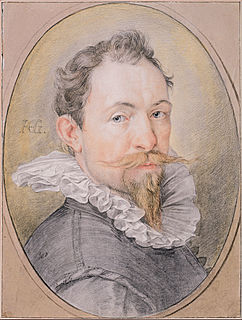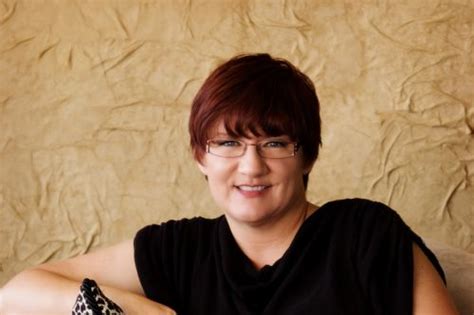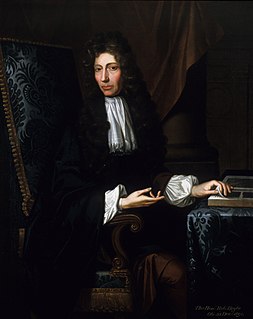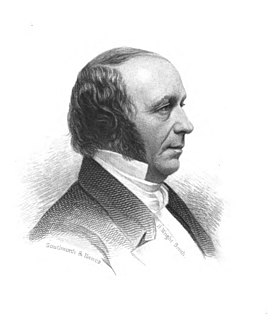A Quote by Charles Caleb Colton
It has been well observed that the tongue discovers the state of the mind no less than that of the body; but in either case, before the philosopher or the physician can judge, the patient must open his mouth.
Related Quotes
An open mind, in questions that are not ultimate, is useful. But an open mind about the ultimate foundations either of Theoretical or of Practical Reason is idiocy. If a man's mind is open on these things, let his mouth at least be shut. He can say nothing to the purpose. Outside the Tao there is no ground for criticizing either the Tao or anything else.
Every night in my dreams, a man appeared from the darkest recesses of my mind, as if he'd been waiting for me to fall asleep. His mouth, full, masculine, would sear my flesh. His tongue, like flames across my skin, would send tiny sparks quaking through my body. Then he would dip south, and the heavens would open and a chorus singing hallelujah would ring out in perfect harmony.
The judge's authority depends upon the assumption that he speaks with the mouth of others. That is to say, the momentum of his utterances must be greater than any which his personal reputation and character can command, if it is to do the work assigned to it - if it is to stand against the passionate resentments arising out of the interests he must frustrate - for while a judge must discover some composition with the dominant trends of his times, he must preserve his authority by cloaking himself in the majesty of an overshadowing past.
I look upon a good physician, not so properly as a servant to nature, as one, that is a counsellor and friendly assistant, who, in his patient's body, furthers those motions and other things, that he judges conducive to the welfare and recovery of it; but as to those, that he perceives likely to be hurtful, either by increasing the disease, or otherwise endangering the patient, he thinks it is his part to oppose or hinder, though nature do manifestly enough seem to endeavour the exercising or carrying on those hurtful motions.
Doctor Johnson said, that in sickness there were three things that were material; the physician, the disease, and the patient: and if any two of these joined, then they get the victory; for, Ne Hercules quidem contra duos [Not even Hercules himself is a match for two]. If the physician and the patient join, then down goes the disease; for then the patient recovers: if the physician and the disease join, that is a strong disease; and the physician mistaking the cure, then down goes the patient: if the patient and the disease join, then down goes the physician; for he is discredited.
The Lord Jesus himself proclaims, 'This is My Body.' Before the blessing of the heavenly words something of another character is spoken of; after consecration it is designated 'body'. He himself speaks of his blood. Before the consecration it is spoken of as something else; after the consecration it is spoken of as 'blood'. And you say, 'Amen', that is, 'It is true.' What the mouth speaks, let the mind within confess; what the tongue utters, let the heart feel.





































